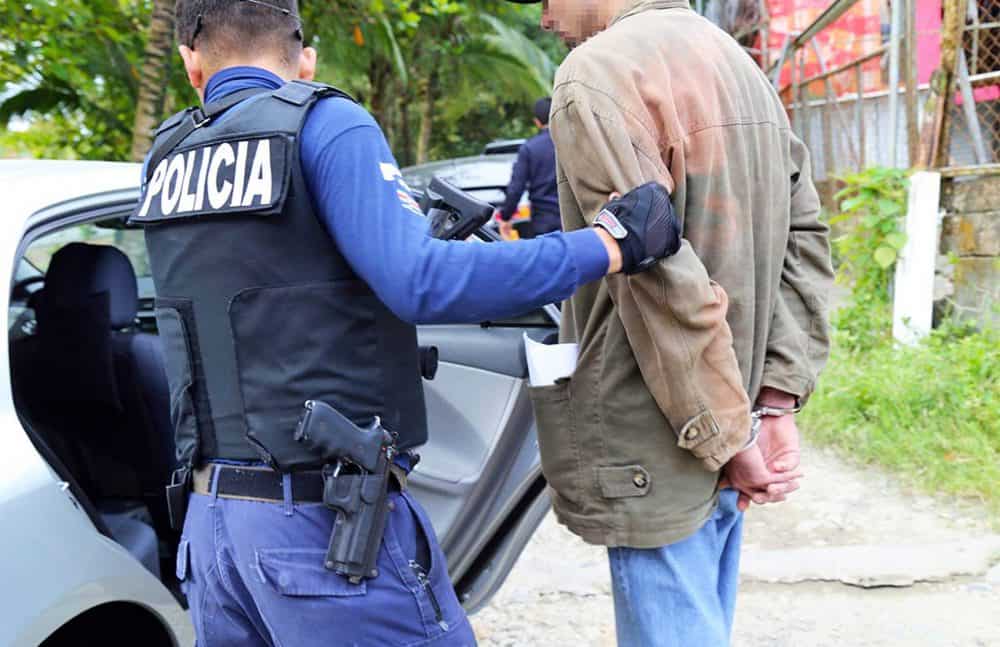Costa Rica’s Legislative Assembly is moving forward with a bill that aims to strengthen the rules around pretrial detention in response to growing threats from organized crime. The proposal, which reforms the Criminal Procedure Code, comes as the country grapples with increased violence tied to drug trafficking and hired killings. Legislators argue that judges need better options to keep dangerous suspects off the streets while cases proceed.
The bill went to the Constitutional Chamber of the Supreme Court for review earlier this year. The court confirmed that passing it wouldn’t need a special majority vote in the assembly. This clears a key hurdle, allowing the measure to advance through regular channels.
At its core, the reform adds a new section to Article 239 of the code. It lets judges order pretrial detention if there’s clear evidence of an immediate threat to victims, witnesses, or specific groups of people. Decisions must rely on solid facts, like past threats or proof that the accused could follow through on retaliation. Supporters say this targets real risks without overstepping.
The changes also update Article 239 bis to cover more scenarios. Pretrial detention could apply to cases involving organized crime groups, drug operations, contract hits, and situations where adults recruit kids to commit offenses. The idea is to close gaps that let repeat offenders slip through.
The Judicial Branch weighed in, stating the bill doesn’t mess with how courts run internally. That endorsement helps, but it’s not all smooth. Several constitutional judges voiced concerns during the consultation. They pointed out that making detention mandatory in high-profile crimes like drug trafficking goes against basic ideas of fair treatment and measured responses.
One judge highlighted that pretrial lockup is the harshest step available before a trial. National laws, court rulings, and even international standards from places like the Inter-American Court stress that it should only come into play when nothing else works. The ruling pushed back on the bill’s stricter approach, saying judges should always consider lighter options if they handle the dangers of flight or tampering with evidence.
Critics worry this could lead to overuse of detention, turning it into an early punishment rather than a safeguard. The court noted that true risks boil down to suspects skipping out or blocking probes, not just the crime’s fallout. They even flagged potential challenges in international human rights forums if the law passes as is.
This debate reflects broader tensions in Costa Rica’s justice system. Homicide rates have climbed in recent years, with many linked to turf wars over drug routes. Lawmakers from parties like the National Liberation Party and Social Christian Unity Party have reintroduced similar ideas before, aiming to force judges to default to detention in serious cases.
Recent assembly sessions show strong support. In a first debate last fall, the bill cleared with 39 votes in favor and just six against. Discussions continue, with backers framing it as a necessary fix for a security shortfall. They stress that the reform spells out limits—no detention based only on a crime’s shock value or vague notions of threat.
Opponents, including some legal experts, argue for balance. They say the current code already allows detention when needed, and tightening it risks clogging prisons without cutting crime at its roots. Still, public pressure mounts as communities feel the strain of unchecked violence.
If approved, the law would shift how courts handle suspects in major crimes. Judges would have to justify any alternative to detention, putting more weight on protecting those involved in cases. The assembly’s next steps could come soon, as sessions ramp up.
This push fits into Costa Rica’s ongoing efforts to combat criminal networks. Recent moves, like extradition deals with the U.S., target leaders of trafficking rings. But domestic reforms like this one focus on keeping local threats contained during investigations.
As the bill progresses, it highlights the challenge of securing peace without eroding rights. Lawmakers say it’s about equipping the system to match today’s dangers. The outcome will shape how Costa Rica balances safety and justice moving forward.






